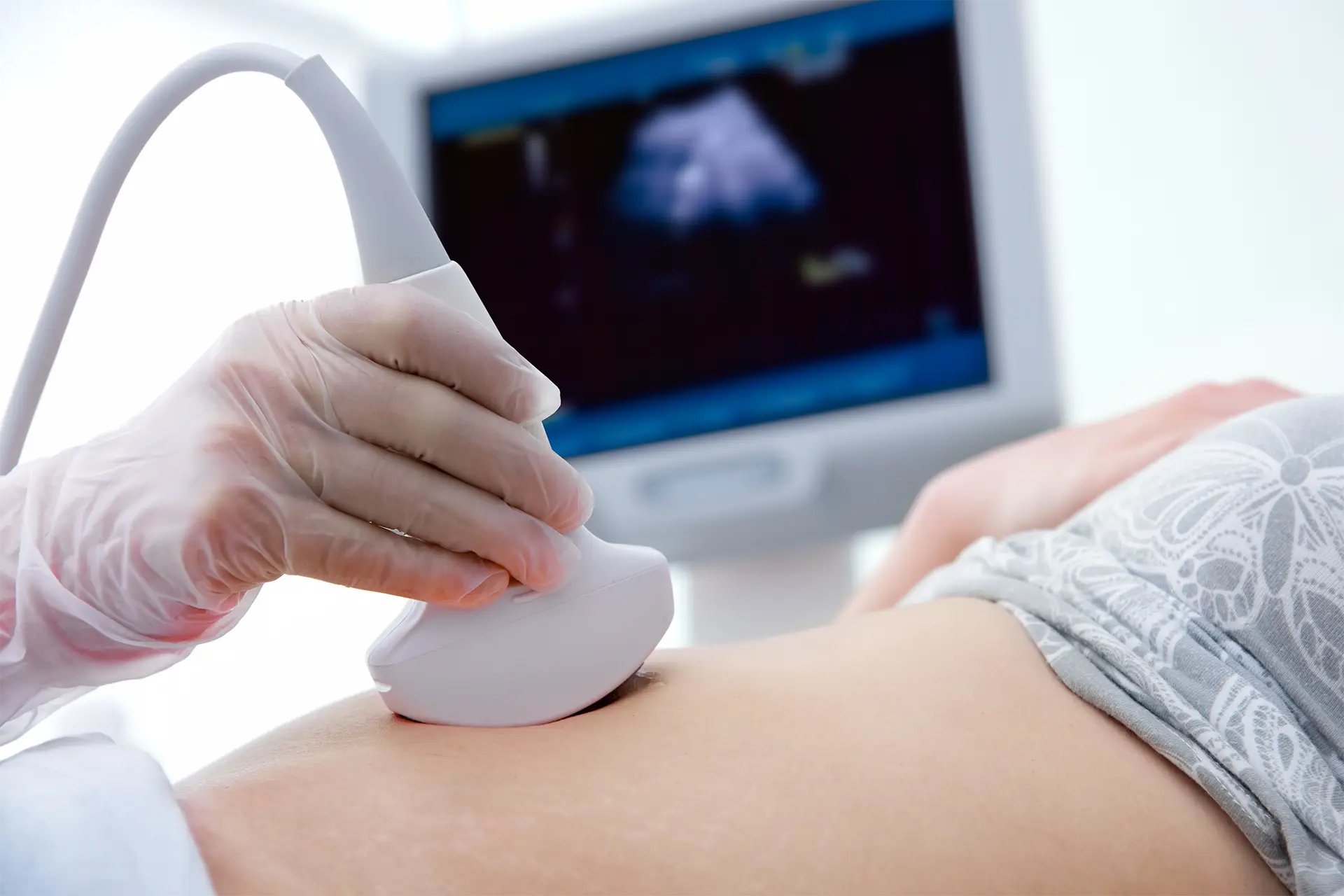Uterine fibroids can cause heavy bleeding and pelvic pain and pose fertility issues. While fibroids cannot be entirely prevented, many women who have them wonder if they can stop them from growing larger to preserve their quality of life.
In this article, we discuss some measures you can take to minimise the growth of fibroids in the uterus.
Lifestyle Modifications
Positive lifestyle changes can help manage fibroid growth. Though these changes will not eliminate fibroids, they can help slow their progression and reduce the severity of symptoms.
Diet and Nutrition
Here are some dietary tips that can help:
- Increase fibre intake: Eating more fruits, vegetables, and whole grains can help regulate oestrogen levels, which are linked to fibroid growth. A fibre-rich diet also helps maintain a healthy weight.
- Reduce red meat consumption: High red meat consumption increases the risk of developing fibroids. Opting for lean proteins like fish, poultry, or plant-based proteins can be a healthier alternative.
- Avoid processed foods: Processed foods and foods loaded with sugar can promote inflammation in the body, which may contribute to fibroid growth. Restrict your intake of refined carbohydrates, sugary snacks, and fried foods.
- Consume anti-inflammatory foods: Foods that have antioxidants, such as berries, leafy vegetables, and omega-3 fatty acids (found in fish like salmon), may help reduce inflammation and manage fibroid symptoms.
Supplements
Some women find that certain supplements can support fibroid management. While supplements should never replace medical treatments, they can be used to support a healthy lifestyle. Always consult a physician before starting any new supplement regimen. Common supplements that may help with fibroid growth include:
- Vitamin D: Low levels of vitamin D are associated with the development of fibroids. Ensuring adequate vitamin D levels through sun exposure or supplements may reduce the risk of fibroid growth.
- Green tea extract: Some research suggests that green tea extract may help shrink fibroids and reduce their symptoms. It has antioxidant and anti-inflammatory properties that may help manage fibroid growth.
- Curcumin (from turmeric): Known for its anti-inflammatory benefits, curcumin may help reduce inflammation and ease the symptoms associated with fibroids.
Weight Management
Maintaining a healthy weight is important for fibroid management. Excess body fat can increase oestrogen production, which may promote fibroid growth. Women who are overweight or obese are more likely to experience fibroid growth.
Losing even a small amount of weight can help reduce oestrogen levels and slow fibroid progression.
Exercise
Being physically active helps with weight management and can also reduce the risk of fibroid growth. Exercise helps regulate hormone levels, including oestrogen and progesterone, which play a role in fibroid development.
Engaging in aerobic exercises like walking, running, cycling, or swimming for at least 30 minutes most days of the week can help improve overall health and fibroid symptoms.
Stress Reduction
Prolonged stress can upset your hormonal balance, which may worsen fibroid growth. Stress management practises like meditation, yoga, deep breathing exercises, or mindfulness can help lower stress levels and improve overall well-being.
Treatment Options for Fibroids in Uterus
While lifestyle modifications are essential, some women may require medical treatments to manage their fibroids. Depending on the severity of the fibroids and the symptoms they cause, several options are available.
Confused About Treatment? Let Us HelpHormone Therapy
Hormone therapy can be effective for shrinking fibroids or managing symptoms such as heavy menstrual bleeding. Hormonal treatments aim to reduce oestrogen and progesterone levels, which fuel fibroid growth.
For example, gonadotropin-releasing hormone (GnRH) agonists can temporarily reduce oestrogen levels, causing fibroids to shrink. However, they can lead to menopause-like symptoms and are often used for short-term treatment.
Non-surgical Interventions
Medical intervention becomes necessary for fibroids when they cause complications that negatively impact a woman’s health. While many fibroids are asymptomatic and can be managed with lifestyle modifications, prolonged bleeding, pain, and reproductive issues necessitate prompt treatment.
For women who want treatment for fibroids in the uterus without surgery, non-surgical options are available. These include:
- Uterine fibroid embolisation (UFE): UFE is a minimally invasive treatment that blocks the blood supply to fibroids, causing them to shrink over time. This procedure can be effective for women with moderate to large fibroids who wish to avoid surgery.
- MRI-guided focused ultrasound: This non-invasive treatment uses high-intensity ultrasound waves to heat and ablate fibroid tissue. It is an outpatient procedure with minimal recovery time but may not be suitable for all fibroid cases.
Surgery
Women with larger fibroids may need surgery. The choice of surgery will depend on your specific condition and fertility goals:
- Myomectomy: A myomectomy removes fibroids while preserving the uterus. This surgery is ideal for women who want to maintain fertility, though fibroids may grow back in some cases.
- Hysterectomy: A hysterectomy, or the removal of the uterus is recommended for women who have completed childbearing and have large or numerous fibroids. This procedure completely eliminates the chance of fibroid recurrence.
Treatment for Fibroids in Uterus in Singapore
Fibroids can be challenging to control, but with the right combination of lifestyle changes you may be able to effectively manage your symptoms and slow fibroid growth. However, if your fibroids are causing severe complications, you should consult a specialist for treatment.
Dr. T C Chang is a gynaecologist who offers surgical and non-surgical treatments for patients with fibroids in the uterus. Dr Chang’s approach to fibroid management is personalised, considering each patient’s unique circumstances, symptoms, and reproductive goals.
Book a consultation today.


